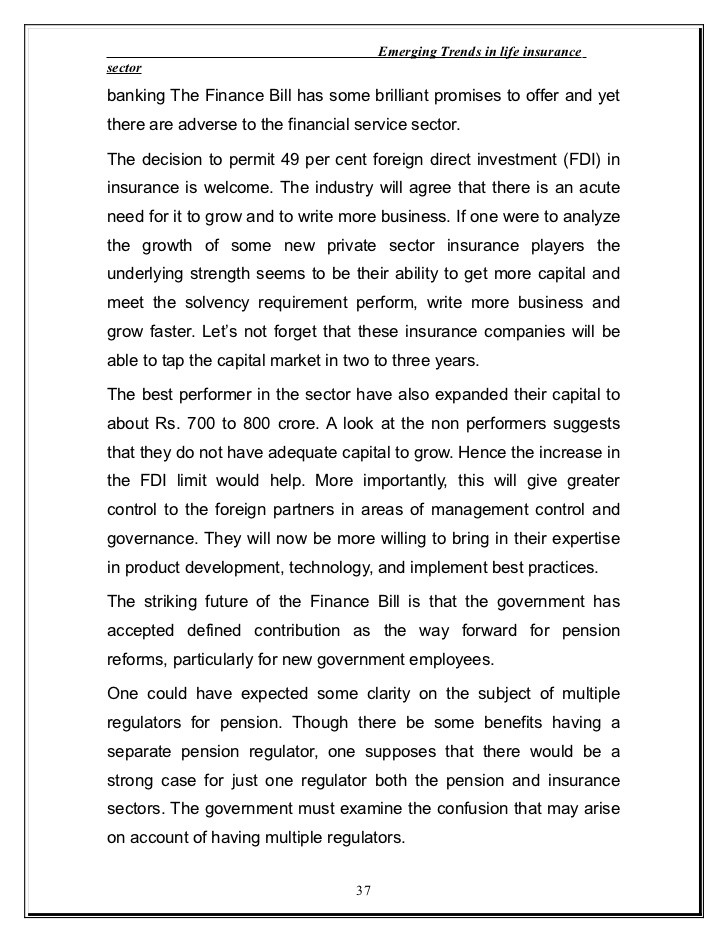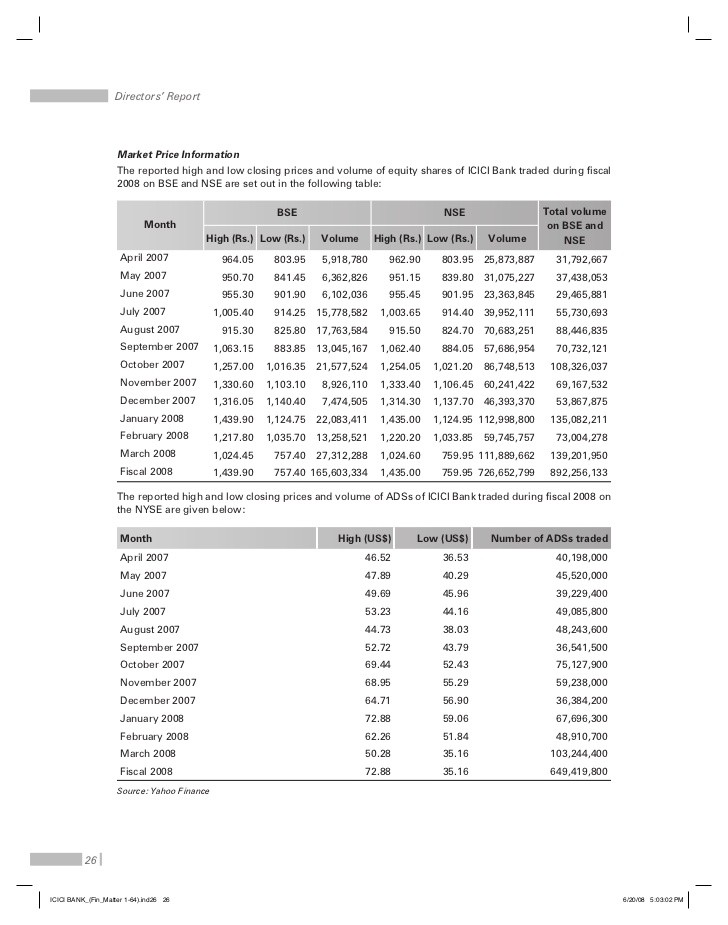Investing Beyond Your Borders Equity Shares Market Dhara Web Site
Post on: 5 Май, 2015 No Comment

Home Equity Shares Investing Beyond Your Borders
1/13/2012 2:55:58 AM
Administrator
Posts: 562
One of the thorniest decisions investors have to make is whether to put money into foreign stocks. Investing in foreign companies can be lucrative, but the rewards come with additional risks, and spotting worthwhile investments overseas can take a tad more work than finding them at home.
International Opportunity
There are plenty of good reasons to invest abroad. International stocks represent added opportunity: U.S. stocks represent approximately 30% of the total value of global markets. In fact, most of the largest companies that make steel, electronics or consumer appliances are based based outside of the United States, in countries such as Brazil and South Korea. There are well over a dozen major stock markets outside of the U.S. that have more than a thousand companies of substantial size. Many of those companies operate in rapidly growing economies with extraordinary rates of return. Why pass them up? (Learn about the other side of this conversation in: Does International Investing Really Offer Diversification? )
From a portfolio management perspective, investing in foreign companies is a way to diversify. For instance, U.S. and foreign shares do not always move in sync. When one is up, the other may be down, and vice versa. In technical terms, such markets are said to lack correlation. A diversified portfolio balances uncorrelated assets to spread the risk.
Of course, that doesn’t mean that U.S. and foreign shares always move in opposite directions. Many countries rely heavily on the U.S. for imports and exports, and can be susceptible to U.S. market shifts. In today’s global economy, stocks often move in the same direction, especially when the U.S. is experiencing a big bear or bull market. Nevertheless, academic research shows that over the long term, U.S. and foreign shares are sufficiently independent so that investing overseas can smooth portfolio returns.
International Risk
Investors, however, need to appreciate the serious risks involved with international stocks. For starters, there is exchange rate risk. A U.S. investor’s return on a stock from a foreign country is tied to changes in the currency values between the U.S. dollar and that country’s currency. If you buy a Japanese stock and the Japanese yen rises against the dollar between the time you buy and sell the stock, your return is worth more. On the other hand, if the yen weakens, your investment return weakens. Beyond upheavals in currency markets, there is country risk. Many countries suffer from political, social and economic instability, which makes investing in those places risky. (Learn more about risk in Evaluating Country Risk For International Investing .)
If you think that investing in your home country is hard, spotting companies in foreign lands can be even tougher. Foreign governments have different reporting and tax regulations on securities. In many cases, foreign companies are not required to provide the same detailed information U.S. companies must provide, and overseas companies may use different accounting procedures, which can make stock analysis trickier. Before putting money into an overseas stock, it’s critical to get a good sense of its investment environment.
Buying Overseas
For investors with the patience to do their research, international stocks can offer big rewards. The trick is to understand the opportunities as well as the risks. Here are some straightforward ways to buy into foreign companies:
ADRs

While many investors appreciate the rationale for investing abroad, they may be deterred by the mechanics of purchasing shares on a foreign exchange. American depositary receipts (ADRs) can simplify the access of U.S. investors to foreign markets. Listed on the New York Stock Exchange and Nasdaq, they can be traded, settled and held as if they were ordinary shares of U.S.-based companies. Foreign companies with ADRs issue financial reports that generally conform to U.S. accounting conventions and SEC rules. Companies with ADRs include Finland’s Nokia, GlaxoSmithKline of the U.K. and Japan’s Sony.
Although they trade on U.S. exchanges, ADRs still offer the potential benefits of diversification. Studies suggest that ADR prices tend to behave like the foreign stocks they represent. (For more on ADRs, take a look at ADR Basics or What Are Depositary Receipts? )
U.S.-Traded International Stocks
There are a few foreign stocks that trade on U.S. markets. These stocks have met the listing requirements of either the New York Stock Exchange or Nasdaq.
U.S. Multinationals
Before you jump into foreign stocks, it’s worthwhile considering domestic stocks with exposure to foreign markets. Plenty of U.S. companies generate the bulk of their revenue from outside the U.S. Take McDonald’s, Coca-Cola and Gillette. More than half of their revenues come from overseas business. Buying shares of U.S. multinationals can be an effective way for investors to get exposure to the global economy.
Conclusion
Because foreign markets lack direct correlation, investing outside the U.S. can be an effective way to diversify your portfolio. However, investing abroad can also expose you to risks associated with exchange rates, political or economic instability, and differences in reporting and tax regulations. Still, in understanding these risks in relation to the potential rewards, investors have the opportunity to access foreign markets through instruments such as ADRs, international stocks traded on U.S. exchanges and U.S. multinationals.














